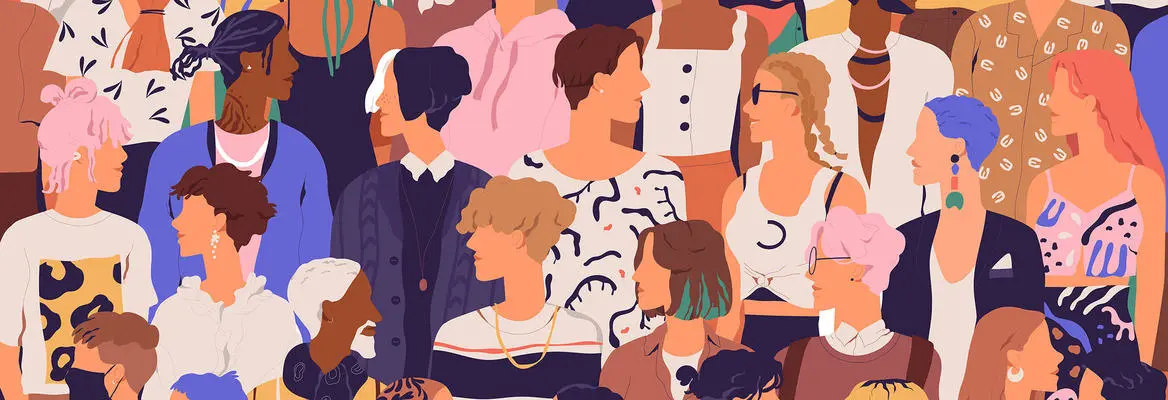During a crisis like the Covid-19 outbreak we become acutely aware of our desire to do the right thing, and our expectations that others will do the same. This shared sense of right and wrong holds communities together even as circumstances keep them apart.
In the midst of a global pandemic, who would not want to do the right thing? Very few people are devoid of a sense of right and wrong; and even people who have problems with impulse control will often go to great lengths to avoid being found out because they know what they are doing is wrong. Our sense of right and wrong is likely to be felt quite sharply in the face of the crisis wrought by the Covid-19 pandemic. There’s an imperative to do the right thing. The question is, though, what is the right thing to do, and can we always trust others to do it?
Never before have we been so informed – if we want to be – about what is taking place in the world and immediately around us. News is there constantly, available in many forms, and from many outlets. We choose how much we can take and we choose our sources assiduously. There is no excuse for not knowing what is going on. Of course, the digital divide still creates inequalities and not everyone is glued to their smartphone or screen. But word is going around and we know what is required of us: a strange instruction that is both a collective action and something we do in isolation. Stay at home, save our health services, and save lives. By staying away from others, being on our own and doing nothing, we are participating in a collective, communal action. And it is the right thing to do, and to expect others to do; save for the extremely brave care workers, hospital cleaners and porters, nurses and doctors, shopkeepers, supermarket staff, rubbish collection, supply chain and transport workers, who put their own health at risk to keep the isolated and shielding safe and fed.
It is the expectation of ourselves and others to protect one another that is giving many people the sense that human are beings with deep rooted and shared moral convictions.















Join the conversation